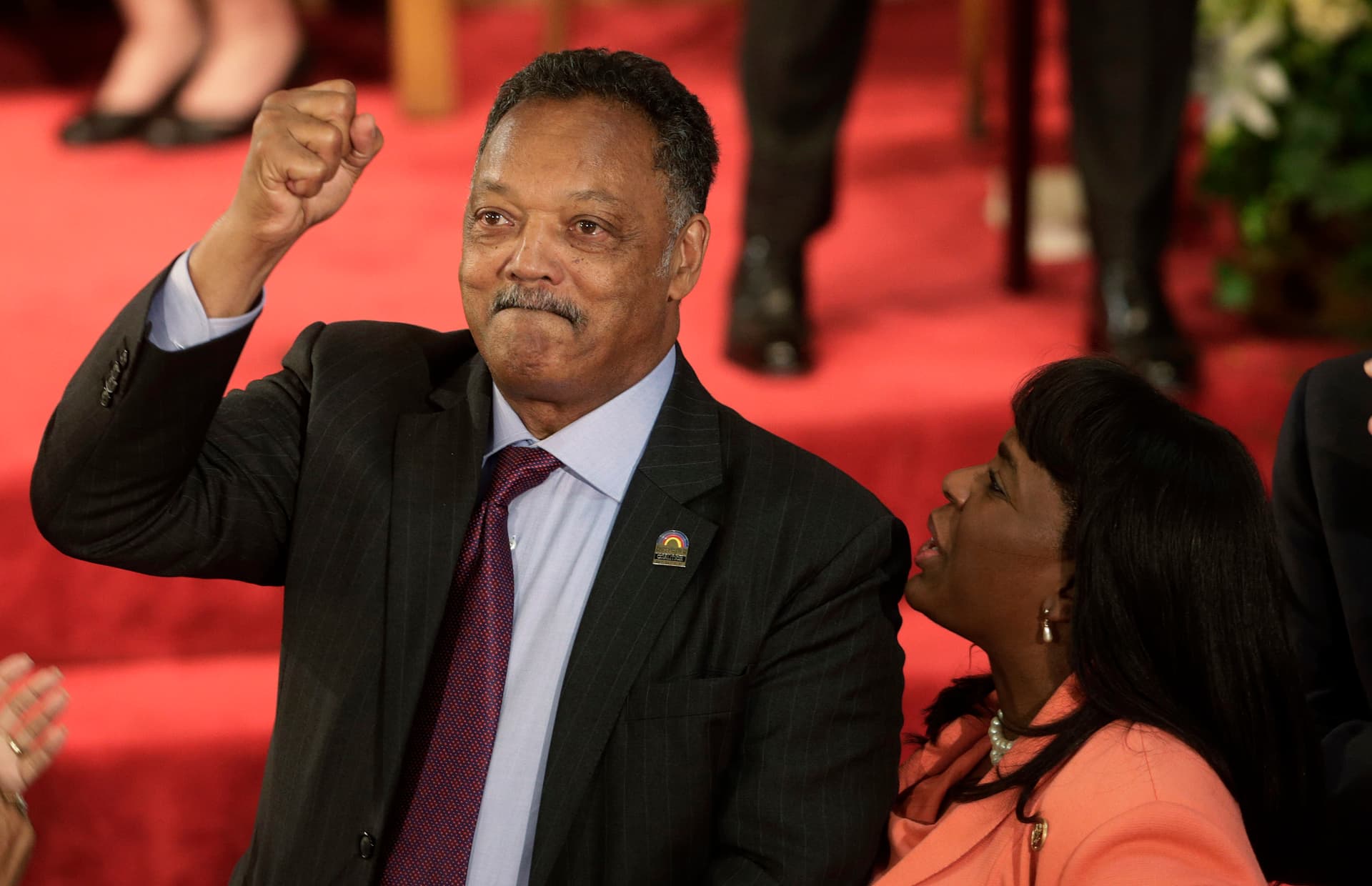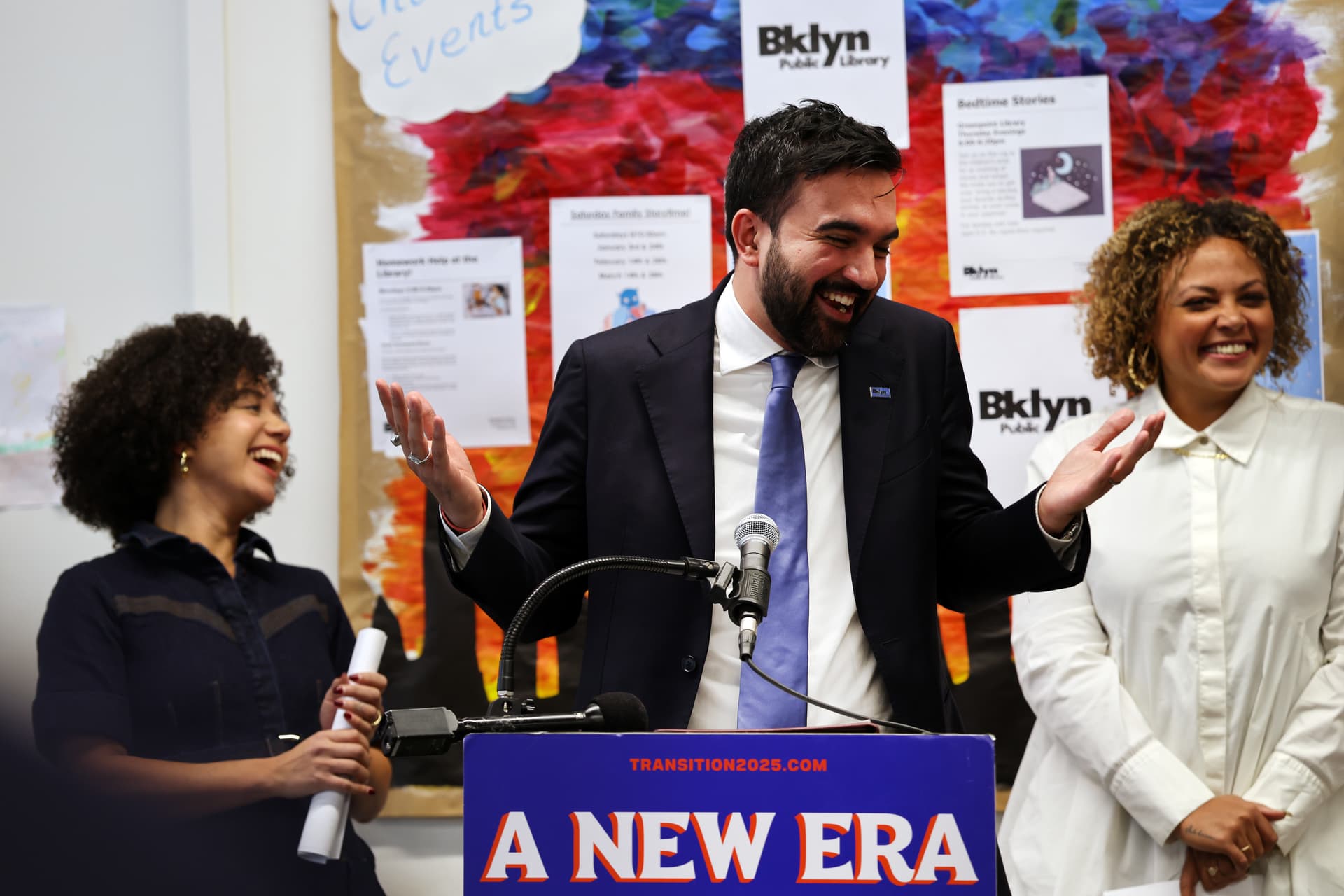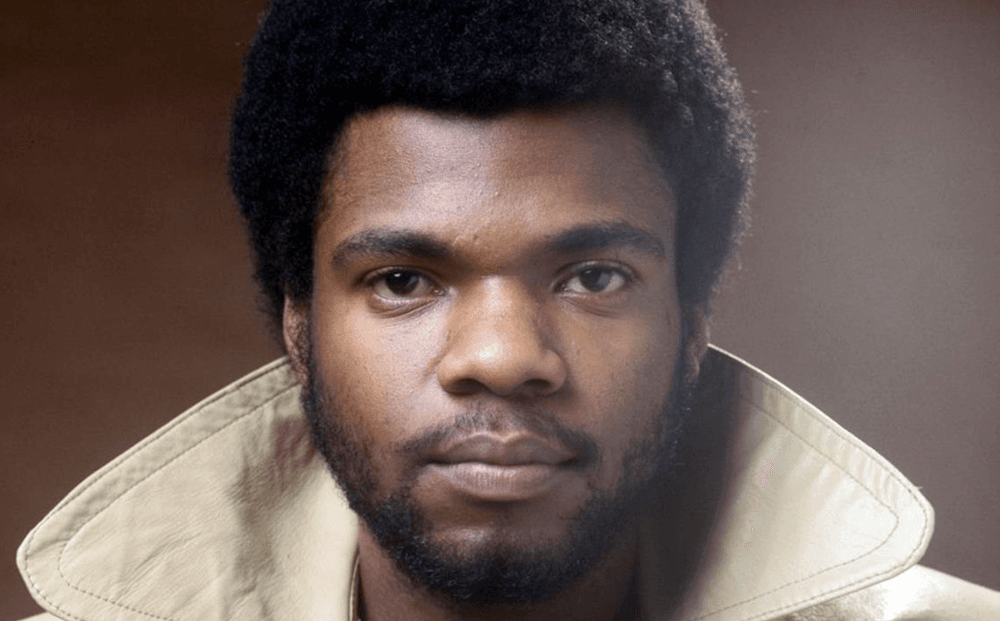
Will Europe and the Rest of the World Listen to Marco Rubio?
By LAWRENCE KUDLOW
|Turkey has played a critical role in NATO security since its 1952 ascension to the alliance. Now the organization has few levers to keep its wild-eyed member in check.


By LAWRENCE KUDLOW
|
By THE NEW YORK SUN
|
By THE NEW YORK SUN
|
By MARIO NAVES
|
By BRADLEY CORTRIGHT
|
By LUKE FUNK
|
By A.R. HOFFMAN
|
By BENNY AVNI
|Already have a subscription? Sign in to continue reading
$0.01/day for 60 days
Cancel anytime
By continuing you agree to our Privacy Policy and Terms of Service.